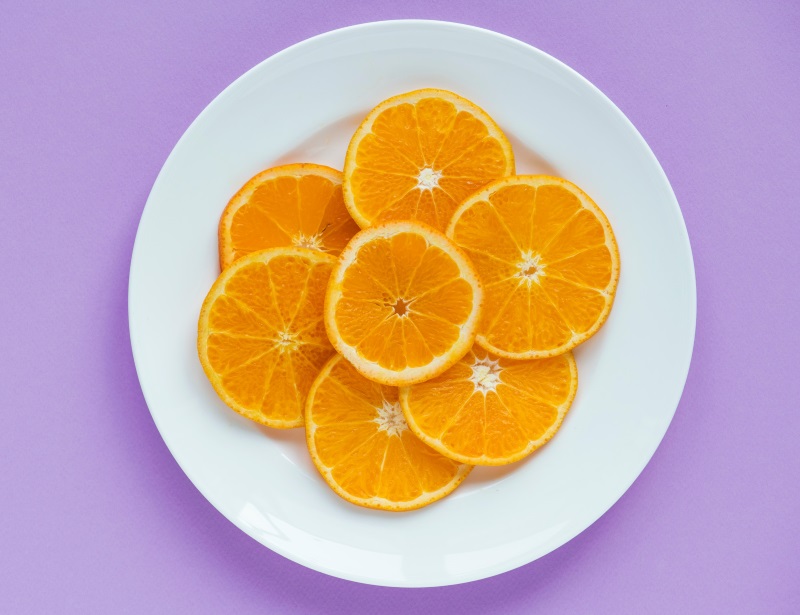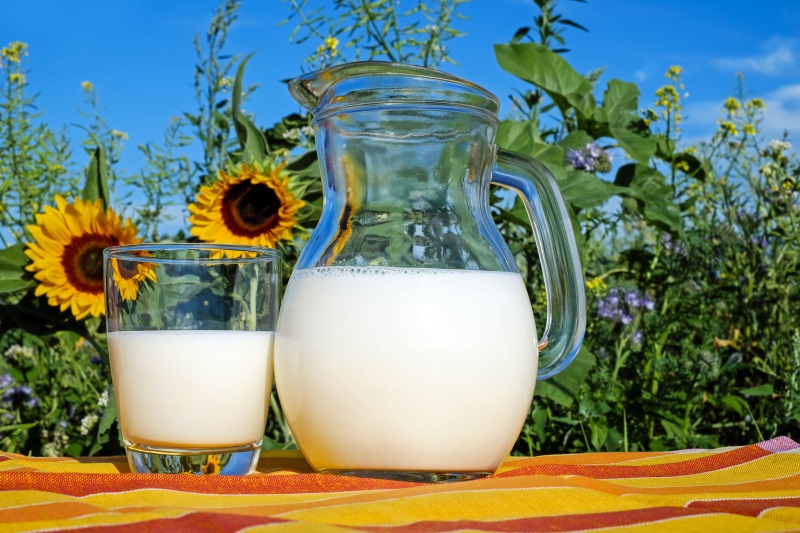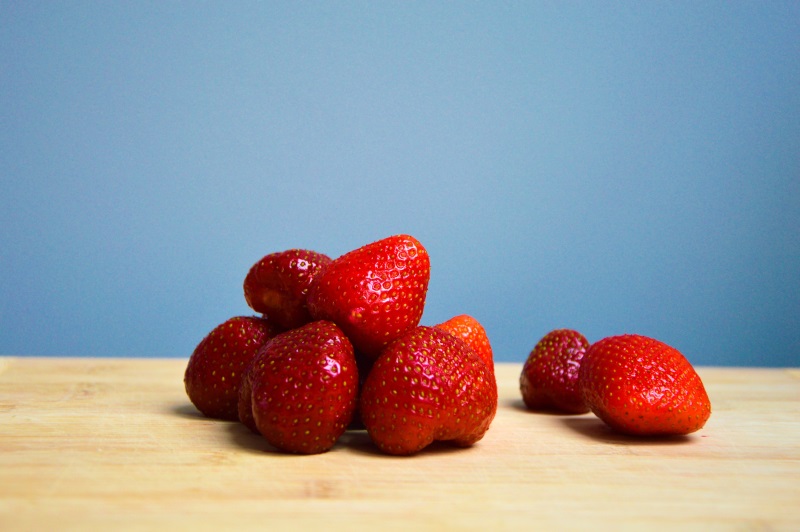Tips for Healthy Eating During Pregnancy
Medstars’ Annabel Beales and GP, Dr Wendy Snell, provide some top tips for healthy eating during pregnancy.

Pregnancy is an exciting time but it can also be a little nerve wracking. Your body is going through huge changes that will result in your life never being the same again! With all these changes comes masses of new information and rules about what you can and can’t do.
One of the changes to be made is with regards to your diet. Some food and drink- for example soft cheeses, raw meat, alcohol and caffeine- may cause harm to your baby and all of a sudden have to be avoided. Some women may find this upsetting, whether it’s because they’re nervous of accidentally eating something they shouldn’t or because they have to give up their favourite foods.
However, the reality is that the risks from most of the banned foods are very small. Worries about accidentally eating a little piece of salami or having one too many cups of tea is not worth any sleepless nights. There’s also good news. The best type of diet to stick to during pregnancy is a varied one, and there’s so much that you can still eat. Looking at your pregnancy as an opportunity to improve your diet for life and try new things. It may help you feel better about saying goodbye to your favourite cheese and wine nights. Read on for our top tips on how to eat to benefit your baby and yourself.
Get your five-a-day

It should come as no surprise that eating fruit and vegetables is still really important when you become pregnant. They’re good for you because they’re full of fibre, which can ease the common pregnancy problem of constipation. Folate-rich foods- think asparagus, lentils and oranges- are also really good for your baby. Folic acid is vital to help the development of the baby’s neural tube, which covers the spinal cord. It also encourages the creation of new red blood cells. These support your body as it works to develop your baby.
Focus on dairy

Eating dairy products is important, as it’s a source of calcium. Sufficient calcium consumption is vital during pregnancy. It takes a lot to create a new human and if you’re not eating enough, the body will source it from your bones instead. This can lead to problems for you such as osteoporosis later on. Adequate levels of calcium also prevents high blood pressure in pregnancy, and is a good source of iodine which is key to the development of your baby’s brain.
Seek out iron-rich foods

Maternal iron deficiency is a common problem during pregnancy. Be sure to combat this with well-cooked red meats and spinach or other leafy greens. This ensures you’re producing enough red blood cells and in turn enough blood to support your baby’s development. If you’re vegetarian or don’t like eating a lot of meat you can increase your body’s iron absorption with vitamin-C rich foods- oranges or strawberries, for example.
No fad diets
Now is not the time to try out any fad or restrictive diets (not that you should be doing this anyway). Your body needs a balanced diet, with plenty of protein, carbohydrates and fats. These are essential to help your baby grow and develop healthily. Rather than worrying about a little weight gain, remember that it shows you’re making a healthy baby!
Of course you’ve got to be careful not to gain too much weight. ‘Eating for two’ is a myth. A pregnant woman only needs two to three hundred extra calories a day in the last few months. Pregnancy isn’t an excuse to gorge on your favourite fast foods to your heart’s content- but who ever said no to an extra snack?!
Choose your vitamin supplements
Medstars GP Dr Wendy Snell adds that ‘All women should take 400 micrograms of folic acid each day, from before pregnancy until the end of the first trimester (first 12 weeks)’. She also advises pregnant women to take ’10 micrograms (400iu) of vitamin D daily throughout pregnancy and whilst breastfeeding’ and that ‘providing a healthy well balanced diet is had, no other supplements are recommended for routine use except on the advice of your midwife, GP or obstetrician.’
You can book a consultation with Dr Wendy Snell, who has specific interests in female health, gynaecology, occupational health, travel health and vaccinations and elderly care, here.
Medstars Medical Concierge Service
Looking for extra guidance when it comes to your healthcare? Sometimes interpreting medical information and making the best decisions can be daunting and complicated. Our private medical concierge service provides easy access to top UK health experts. We guide our patients with genuine choice and trust, offering a bespoke service for anyone in the world seeking private UK healthcare. Learn more about Medstars Medical Concierge Service. Want to learn more about providing our medical concierge service as an employee benefit? Learn more about Medstars Medical Concierge for Business.

